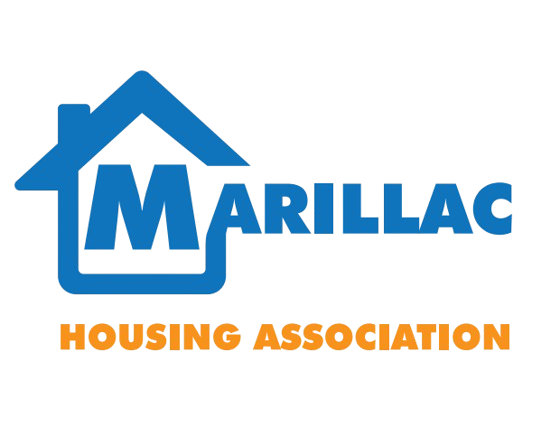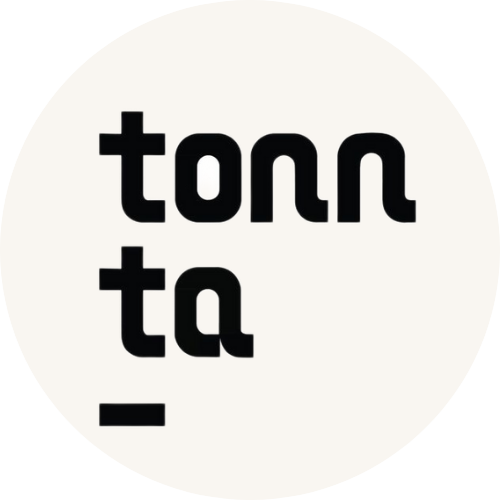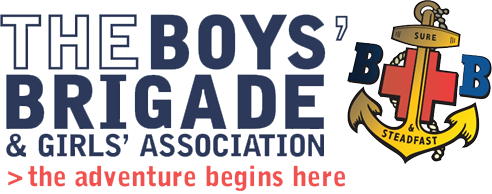Before we dive into the differences let us first understand what is a sole trader and what is a limited company are, to help you best understand which company formation route is best suited for you.
What is a sole trader?
A sole trader is an independent business owner who manages and runs their own business under their own tax number. Since you as a person and the business are one and the same, any losses the business experiences are your personal responsibility as a sole trader. Likewise, after paying taxes on the profits, you keep everything.
Individuals who operate their own businesses as sole traders are personally accountable for keeping accurate records of their business financial transactions. This includes filing an annual self-assessment tax return and, if your revenues exceed the VAT threshold, registering for VAT and filing VAT returns.
What is a limited company?
A limited company has its own legal identity. As a result, it is a completely separate entity. The owners of the business are called shareholders and their liability is limited to the investment they made. (Therefore, “limited”)
The majority of limited companies operate on a “shares” basis. When a company is divided into shares, each share has a specific monetary value. The shareholders are then given these shares in turn for the capital invested.
This implies that shareholders’ liability is limited to the price of their shares therefore the shareholders of a limited company are not personally liable for the debts of the business in general (shareholders may have to sign personal guarantees when dealing with banks).
We are here to help
Need more info or help with your business accounts?
Our team are here to help. If you’re working on something and aren’t sure where to go next, our excellent customer service team are there to help.
What is the key difference between a Sole Trader and a Limited Company?
Let’s take a look at some of the most significant differences between operating as a sole trader and as a limited company:
LIABILITY
In a limited company, your liability is limited to the amount invested in the company. However, as a sole trader, you are liable for any losses your business may incur.
COMPLIANCE
Compared to a limited company, the set-up and compliance for the sole trader is typically a little simpler.
TAX LIABILITY
There are a number of differences in tax rates and the tax treatment between sole traders and companies. For growing businesses, the advantages with a company can often outweigh any compliance costs.
INCOME
Business owners who take an income from their business have to be set up as employees of a limited company whereas they are not employees in a sole trader set up
Side by side comparison : Sole Trader vs Limited Company
| Points | Sole Trader | Limited Company |
|---|---|---|
| Set up & Shut down | Simple. Just register and deregister | More complex but straight forward to set-up and strike-off. |
| Tax Filings | Income, VAT, PAYE | Corporation, VAT , PAYE |
| CRO Filings | Not required | Annual Return |
| RBO Filings | Not required | Must be kept up to date |
| Financial Statements | A simple set will do | Full set of statutory accounts required |
| Privacy – Financial Details | Not visible to public | Some info visible to public for a small fee |
| Access to credit | Less Likely | More Likely |
| Access to Grants & Schemes | Some schemes not available e.g. SURE, TOV, | Generally more access |
| Credibility | Less perhaps | More perhaps |
| Legal Entity | You and business are one | Separate entities |
| Liability | Unlimited Liability | Limited Liability |
| Scope for tax planning | Restricted to %age of income | More options |
| Compliance | Tax obligations mainly | Tax and Company Law. Agencies CRO / RBO etc. Large fines and penalties for non-compliance |
| Exit Planning & Succession | Straightforward limited options | More Options for exits |
| Company Shares | Not possible | Yes |
| Sell Company Shares | Not Applicable | Yes |
| TAX Return | Prepare each year | Prepare each year |
| TAX Liability | Profits are taxed as your income, can be taxed up to 55% | Profits are taxed at 12.5% (Corporation Tax) |
| Owner Drawings / Pay | No salary. Taxed on profit not drawings | Paid a salary. Taxed on drawings not profit |
| Business Name Registration | Need to register with CRO if using another name. | Need to register with CRO if using another name. |
| Financial & Salary Planning | Limited Scope | Higher Scope |
| Pensions and Retirement Planning | Strict limits on what you can invest and take benefits | More options in paying in and on retirement |
| Preferred business contracts | Less Preference | Higher Preference |
As you can see, there are numerous advantages and disadvantages to each type of business structure, so carefully weighing your options is essential.
We are here to help
Need more info or help with your business accounts?
Our team are here to help. If you’re working on something and aren’t sure where to go next, our excellent customer service team are there to help.
How to start as a Sole Trader?
In Ireland, starting a business as a sole trader is a simple and straightforward process. All that is required of you is to do is Register Your Business as a Sole Trader for Taxes (revenue.ie).
If you are trading under a name that is not your own you are required to register a business name with the CRO. This is not setting up a company.
How to start a Limited Company?
Setting up a limited company is more difficult than to setup a sole trader. You will need to select shareholders, decide on the ownership and share structure of the company, select a company name, company directors and a company secretary before you can officially register your business.
These are merely the fundamentals. You can get any additional information that you require from the Companies Registration Office of Ireland (CRO), which is also where the paperwork for your incorporation can be found. The name is recorded in a register, which prevents it from being used by any other companies in the future.





































































































